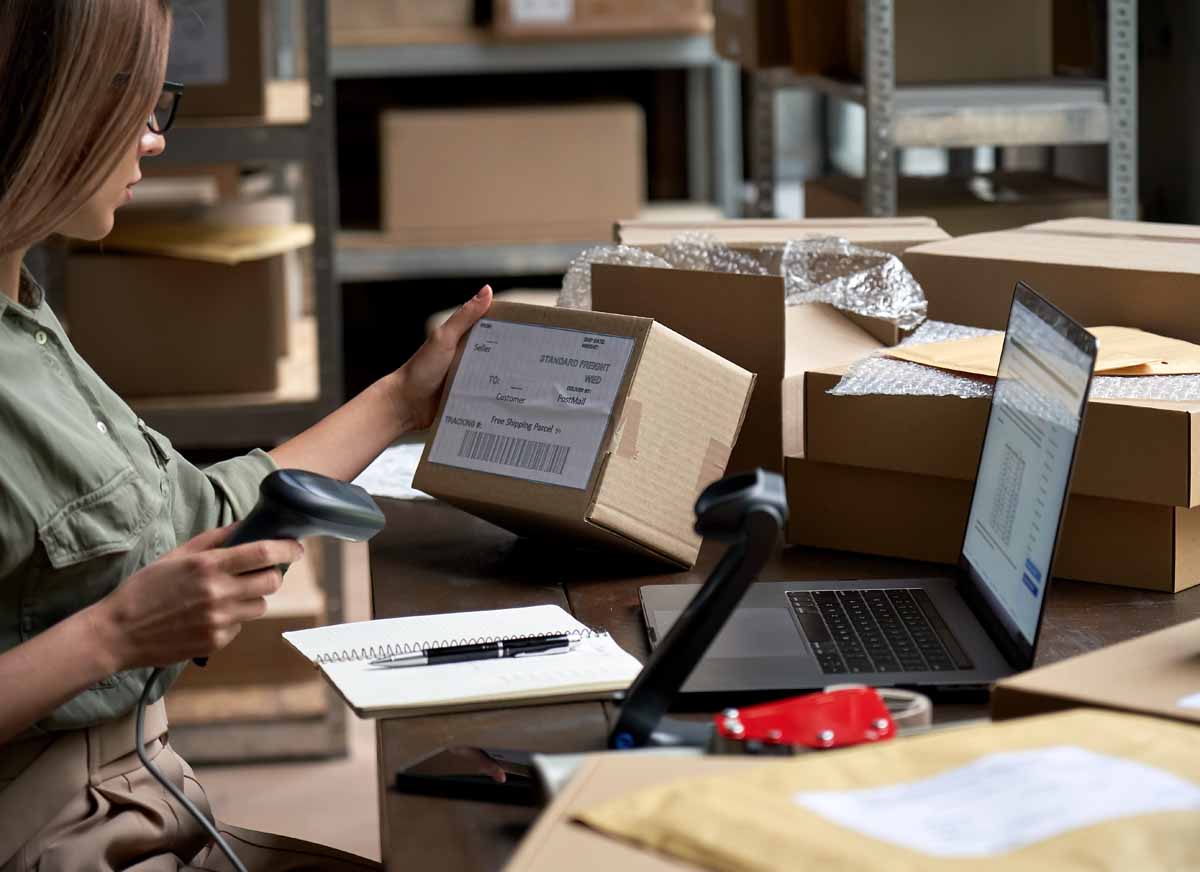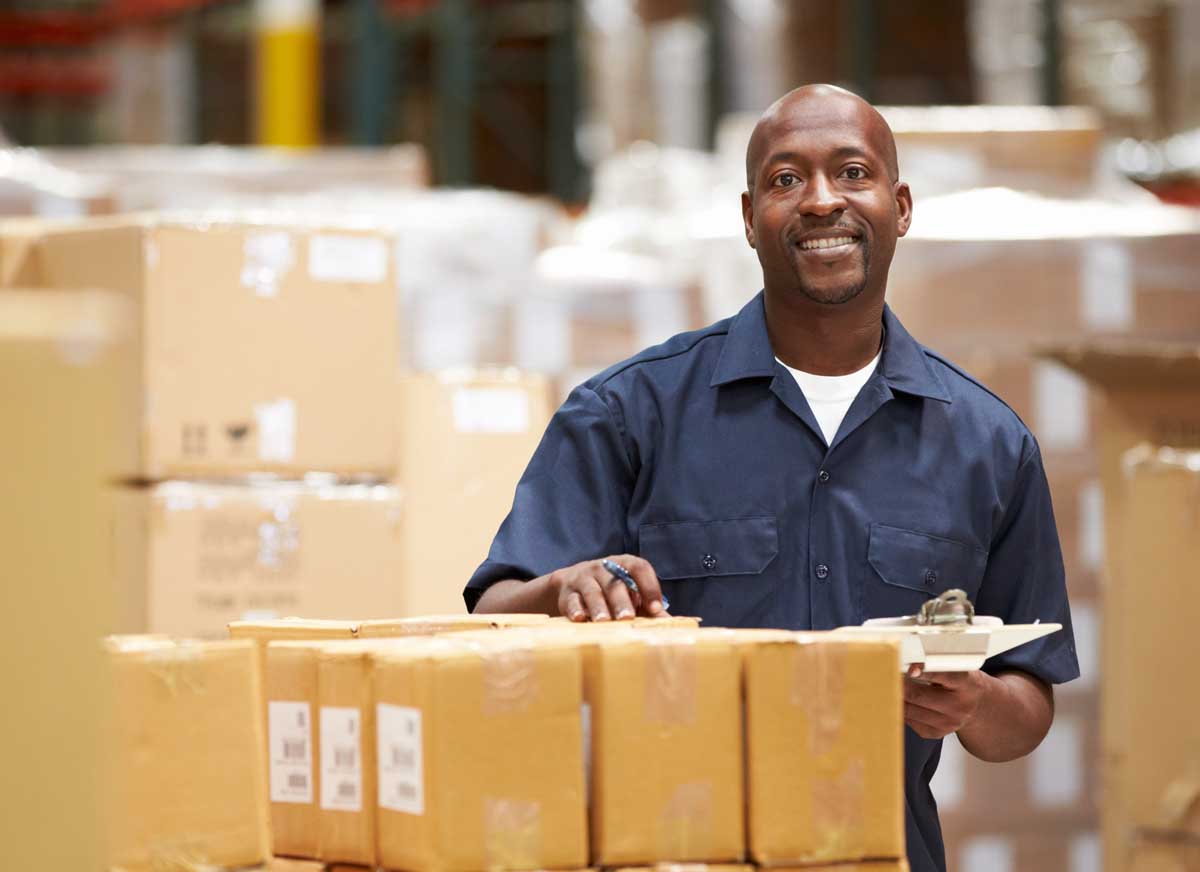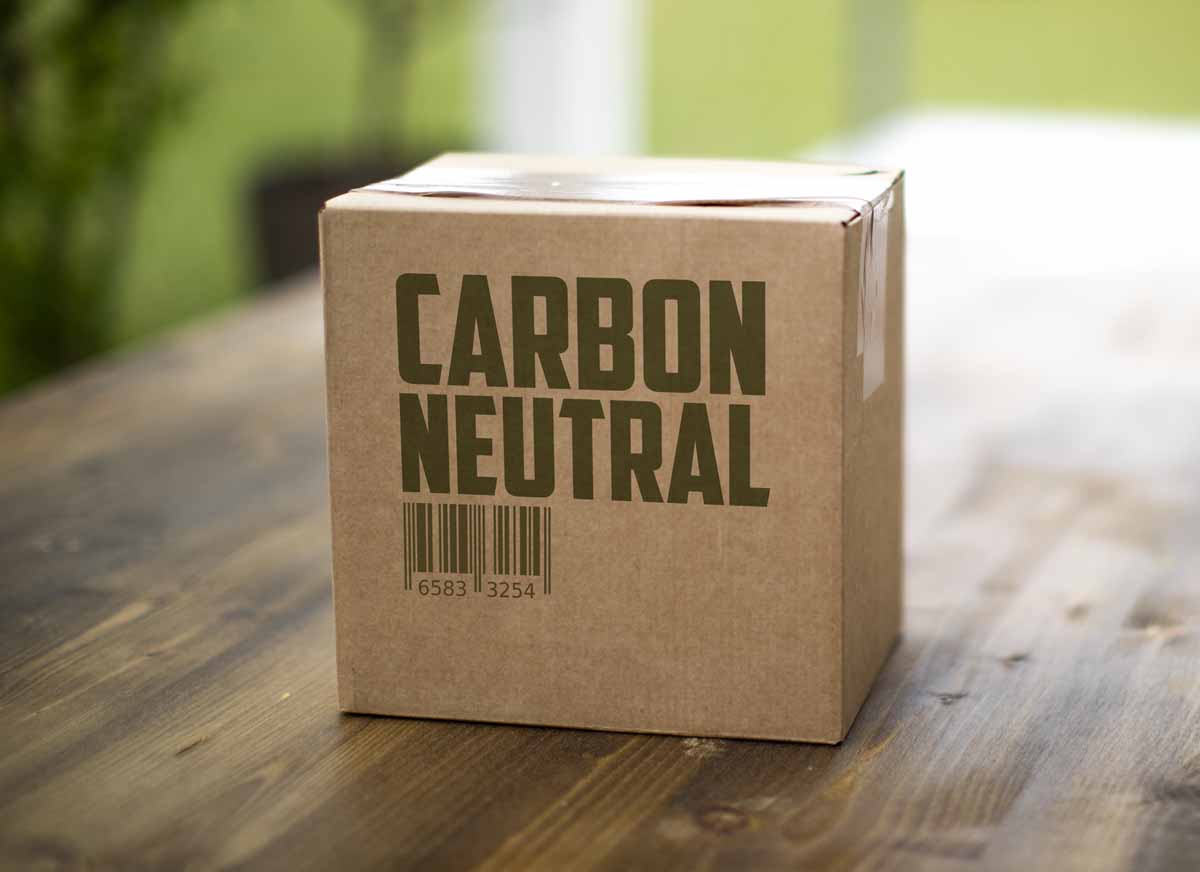Controlling Returns During the Peak Season

Online purchases continued to account for a sizable share of total retail throughout 2022, and this trend is not expected to change during the holiday shopping season.
Due to supply chain problems and a lack of available HGV drivers, the retail sector has struggled to keep up with peaks in seasonal demand. With an increase in online retail, there will also be an increase in returns. In order to efficiently process returns while still offering a satisfactory buying experience, stores will need to update and modify their procedures.
Manage Peak Time Pressure
Many stores will see a boost in sales over the holiday season, and with an estimated 30-plus percent of those purchases made online, a surge in shipping demands is inevitable.
However, many orders will be sent back to the distribution centre. Takeback Monday in January 2022 witnessed a 24% increase in returns over the previous year which itself saw a 63% increase on the year before that, continuing a trend that began in 2020.
60% of consumers aged 16 to 34 have returned an online purchase in the past 12 months, which could cost UK businesses a total of £60 billion annually in return fees alone. Retailers must prioritise the fulfilment and administration of returns to retain customers and guarantee customer satisfaction, as returns are one of the most common reasons for customers to contact support desks.

However, managing returns could be much more difficult as business struggle with a lack of HGV drivers.
So, how can stores and logistics firms best utilise their current assets to manage this effectively and affordably?
Implement Smarter Shipping
84% of customers said they would stop shopping at a store after a bad returns experience, so it's evident that having a simple and fast returns procedure is crucial.
Instilling trust and confidence in your customers are primary goals of good customer service. Despite the difficulties, retailers can still deliver a superior returns experience by utilising supply chain insight in real-time.
In order to speed up the process of collecting and transporting returns, retailers can benefit from using scalable and advanced route planning and home delivery optimisation software to improve the performance of their supply chains and make the most of the resources at their disposal. When it comes to returns, route planning solutions can streamline the entire process from beginning to end, improving service and productivity while decreasing costs. Customers can monitor their returns with confidence and satisfaction thanks to Electronic Proof of Delivery and an always-up-to-date inventory.

When integrated with a WMS, this gives stores the freedom and speed they need to compete. With the help of a good WMS, retailers can notify the customer the instant the item is returned, which boosts trust and rapport, and swiftly enter it back into inventory so it can be approved for sale again. Using these methods can save the time it takes to process returns by 49%, which is good for both the consumer and the store because it means they can get their stock back up to date more quickly.
Use Methods That Are Gentler on The Environment for Handling Returns
More and more people are thinking about how their purchases may affect the planet with 40% saying they would buy more from a company that demonstrated sustainability, according to a study conducted by Descartes in the summer of 2022, sustainability will be a growing influence on buyer behaviour.

It's vital that businesses take this into account when they provide delivery and pick-up options.
While it's undeniable that returns have a bad influence on the environment and generates extra emissions, even minor changes to operations can have a large and beneficial effect on how eco-friendly they are. While the increasing costs of operating within the United Kingdom's Clear Air Zones have prompted many retailers and delivery services to invest in Electric Vehicles (EVs), it is essential that intelligent route management be used to ensure that the appropriate vehicles are deployed to match capacity with demand in real time. An increase in fleet efficiency (by as much as 25 percent) and a drop in fuel consumption (by a similar amount) can result from persistent route optimisation.
Download our sustainability research.
Sustainability is Not a Challenge, It’s An Opportunity
All fields marked with * are mandatory.
Please complete the below form to enable you to download the 'Sustainability is Not a Challenge, It’s An Opportunity' research report as a download.
To Conclude
During the busy holiday season, retailers need to focus on providing a positive customer experience while also handling returns efficiently and promptly.
The difference between acquiring and keeping clients and losing them to competition is the quality of their experience. Due to persistent rising costs, it is crucial to maximise the efficiency and productivity of operations using current internal resources through automation and optimisation. At the same time, minimising environmental effects will enhance public impression and lead to more purchases.
Download our eBook to discover the best practices
Peak Season Productivity
All fields marked with * are mandatory.
Please complete the form to enable the download of the Fleet Productivity eBook.

